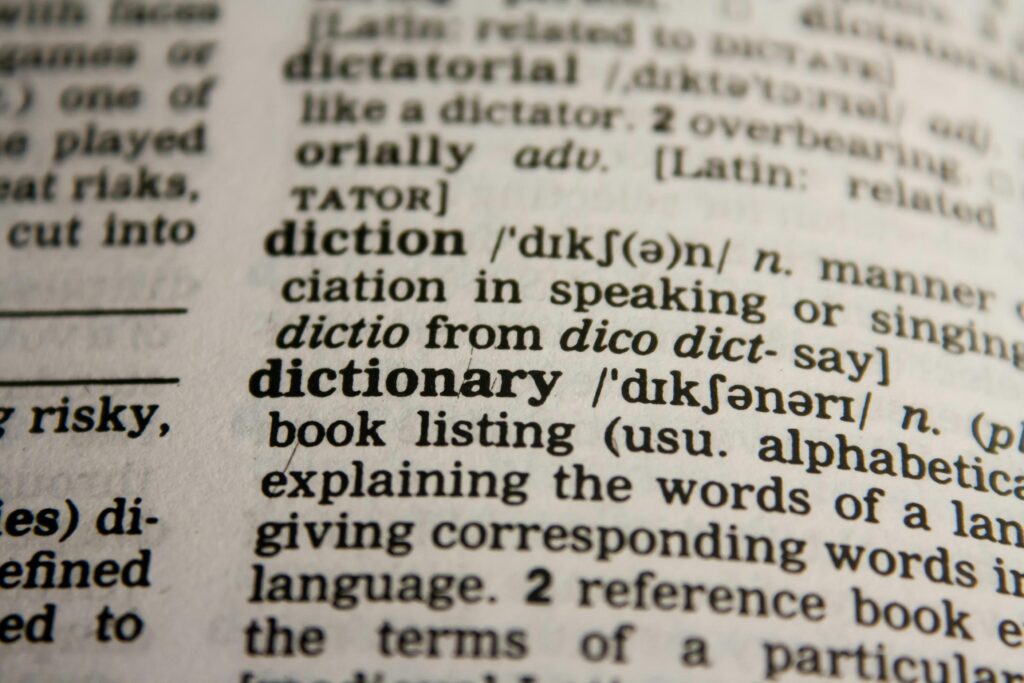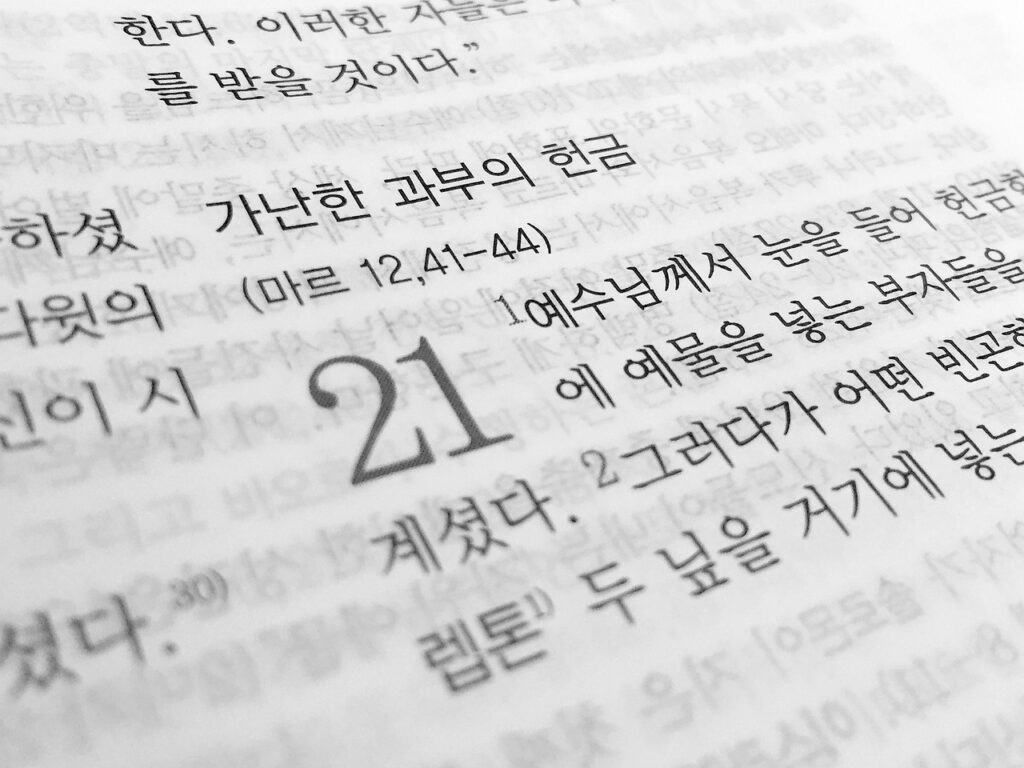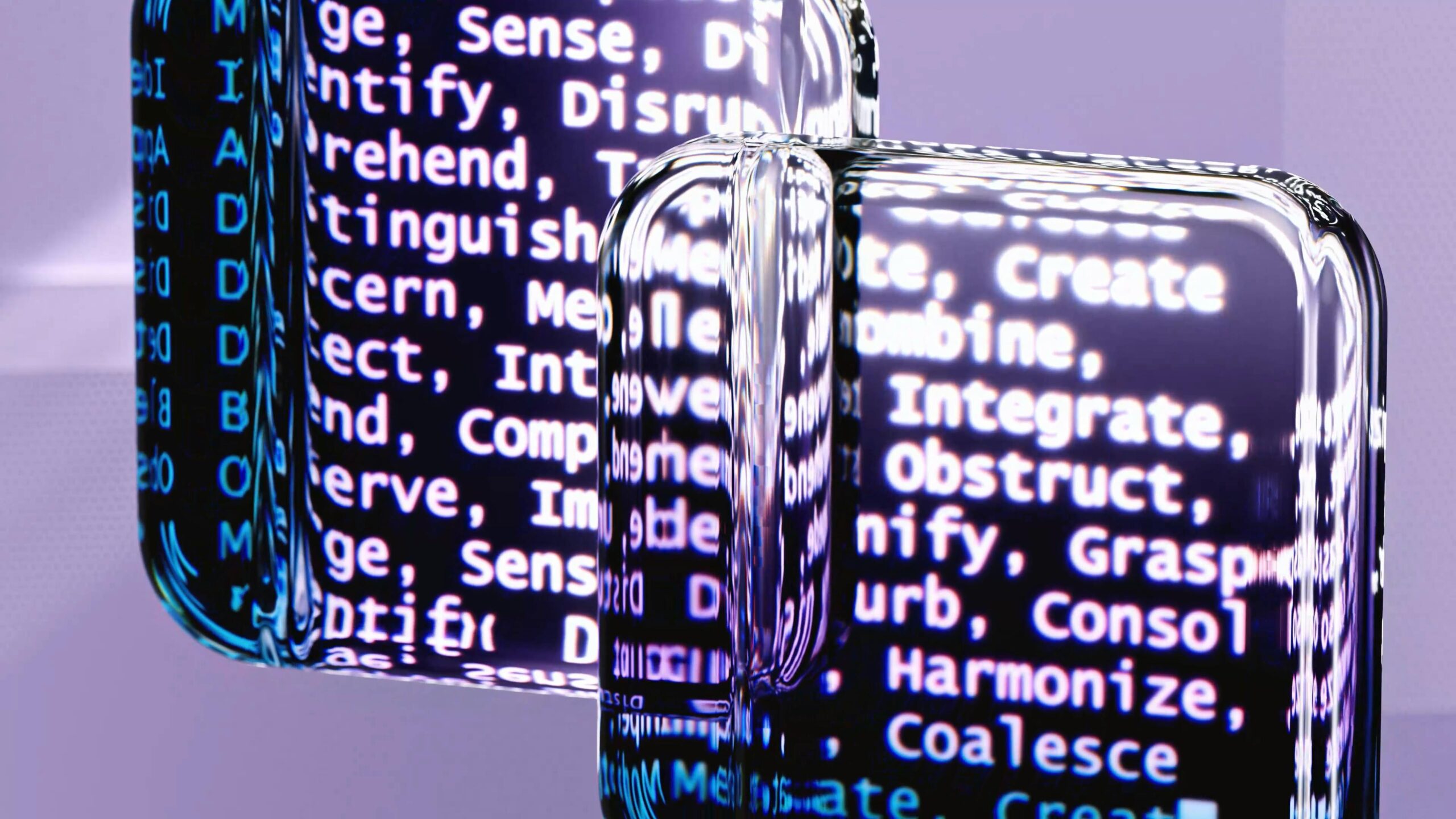In a major shift for the publishing industry, the Dutch publishing house Veen Bosch & Keuning (VBK), recently acquired by Simon & Schuster, has announced plans to use artificial intelligence (AI) to translate Dutch books into English. The initiative aims to bring Dutch authors to a wider audience, but it also raises questions about the impact of AI on literary translation quality, the role of human translators, and the broader implications for international publishing.

The AI Translation Initiative
VBK, the Netherlands’ largest publisher, is embarking on a limited AI translation trial for Dutch authors whose English rights have not yet been sold. The process combines AI-driven translations with human oversight, as translated manuscripts undergo editorial review to refine language and ensure cultural accuracy. Importantly, VBK has secured permission from participating authors, highlighting a commitment to maintaining the integrity of the original works.
The AI translation tool is not being used to generate new books but instead to facilitate the language transition, marking it as a supplementary process to human translation. However, this development has sparked significant interest and debate within the publishing community about the potential advantages and drawbacks of relying on AI for such a nuanced task.
Why AI? The Goals Behind the Initiative
Simon & Schuster’s acquisition of VBK was largely motivated by a desire to expand into non-English markets and boost the visibility of Dutch authors on the international stage. The strategic use of AI supports this goal by reducing translation costs and turnaround times, making it economically feasible to explore English-language markets for a wider array of titles.
For Simon & Schuster, this move represents part of a broader trend to use AI as a tool for global market penetration. By leveraging AI technology, the publisher aims to build stronger networks in Europe while making the works of popular Dutch authors accessible to English-speaking audiences. This aligns with Simon & Schuster’s long-term vision to capitalize on digital innovation to enhance distribution and reach.
Concerns from the Translation Community
While the prospect of AI-translated books offers economic benefits, it has raised concerns within the translation community. Literary translators argue that AI models lack the ability to capture the depth and cultural subtleties of literature. Ian Giles, Chair of the Translators Association, expressed apprehension, noting that AI could prioritize fluency over accuracy, potentially compromising the quality and authenticity of translations.
Critics point to AI’s limitations in understanding the nuanced emotional and symbolic elements embedded in literary works. Lisa Fransson, a literary translator, warned that AI-generated translations could diminish the art of translation, which involves an intimate understanding of language, culture, and the author’s voice. She emphasized that literary translation is not merely about substituting words but about conveying the spirit of the text.
The Role of Human Oversight
To address these concerns, VBK has incorporated a human editing phase into its AI translation process. This additional layer aims to bridge the gap between AI output and the linguistic finesse that human translators provide. However, questions remain about whether post-editing can achieve the same standard as fully human-translated works.
The decision to use AI translation also reflects a growing trend among technical translators, who often work in fields where translation accuracy is valued over creative expression. While AI tools have streamlined technical translations, literary translators argue that this approach may not be applicable to literature, where readers expect a translation to resonate as closely as possible with the original work.
Future of AI in Literary Publishing
The VBK initiative signals an experimental approach, and if successful, it may pave the way for other publishers to adopt similar models. AI has already made strides in other domains, such as legal and medical translations, where precision and efficiency are paramount. However, literary translation remains a unique challenge due to the complexity of capturing literary nuances and stylistic elements.
The broader adoption of AI in literary translation depends largely on the outcomes of these early trials and the feedback from authors, translators, and readers. As AI continues to evolve, it could become a valuable tool for publishers, potentially democratizing access to literary works across languages and cultures. However, the industry must balance these technological advancements with respect for the art of translation, ensuring that AI tools complement rather than replace human creativity.

FAQs
1. Why is VBK using AI for translations instead of traditional methods?
AI offers a cost-effective and efficient alternative to human translation, allowing VBK to explore English markets for a broader selection of Dutch books. This aligns with the goal of making Dutch literature accessible internationally without the high expenses associated with manual translation.
2. How does the AI translation process work?
AI software generates a preliminary translation, which is then reviewed and refined by human editors to enhance quality and preserve cultural nuances. This hybrid approach ensures that the final product meets literary standards while benefiting from AI’s speed.
3. What are the main criticisms of AI translation in literature?
Critics argue that AI lacks the sensitivity required for literary translation, particularly in handling the emotional and symbolic layers of a text. There are concerns that AI’s fluency-first approach may undermine the quality of translated literature.
4. Will AI replace human translators?
For now, AI is seen as a complementary tool rather than a replacement for human translators. While it can expedite translation for certain types of text, complex literary works still benefit significantly from human insight and creativity.
5. What does this mean for the future of publishing?
If successful, AI-driven translation could reshape how publishers approach international markets. However, the industry will need to carefully evaluate AI’s limitations and find ways to integrate it that respect the artistic integrity of literary works.
Sources The Guardian


